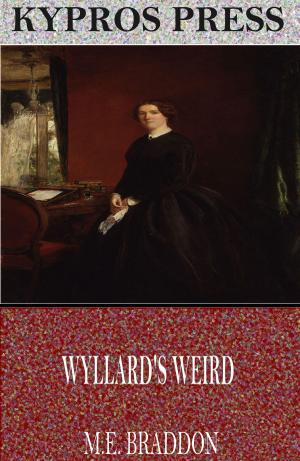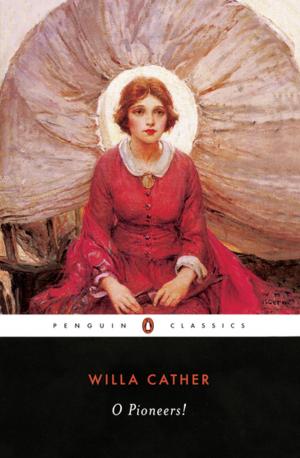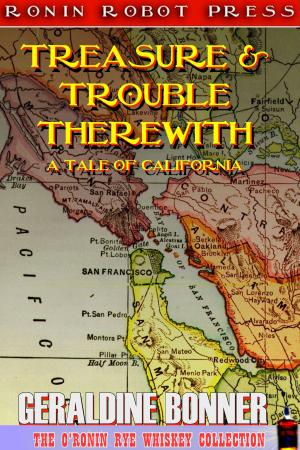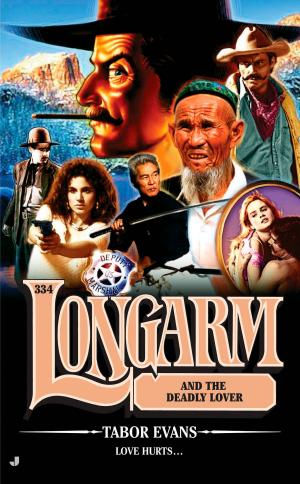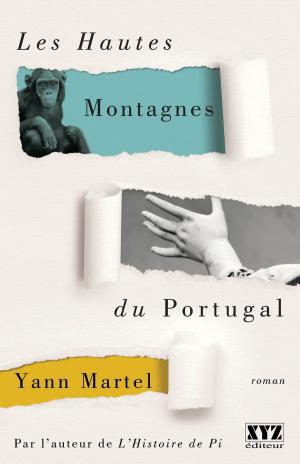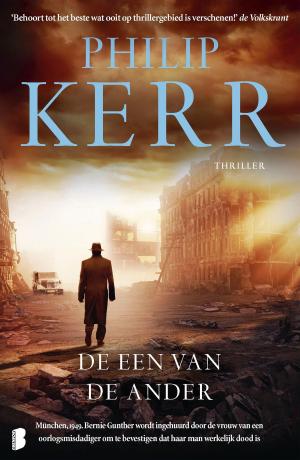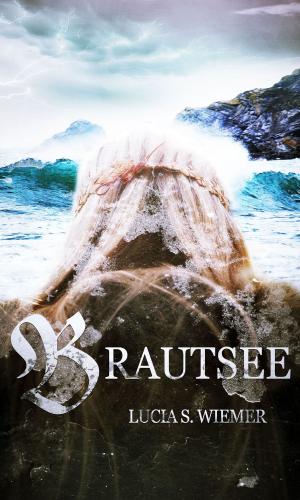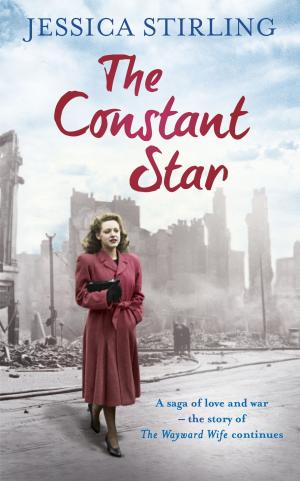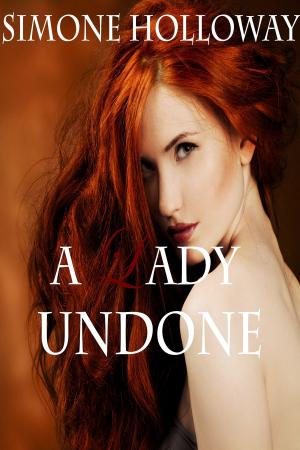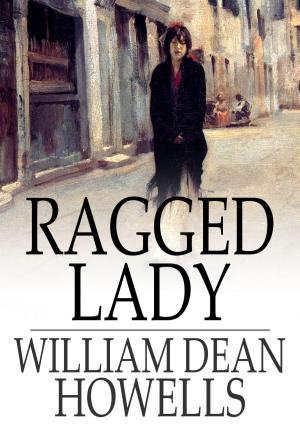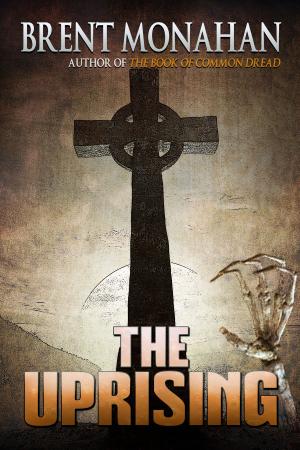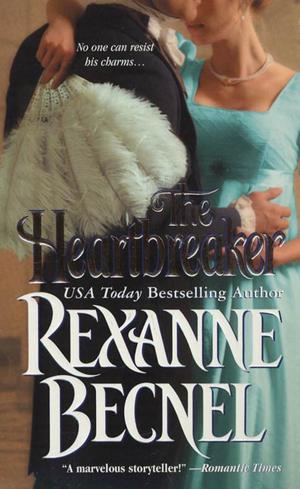| Author: | Don Alberts | ISBN: | 9781450093224 |
| Publisher: | Chill House Publishers-2010 | Publication: | June 30, 2010 |
| Imprint: | Language: | English |
| Author: | Don Alberts |
| ISBN: | 9781450093224 |
| Publisher: | Chill House Publishers-2010 |
| Publication: | June 30, 2010 |
| Imprint: | |
| Language: | English |
Book Review Drug addiction afflicted many creative artists in the 1960s, a decade fraught with violence and unrest. A fertile period for immense talent to grow and a time of intellectual pondering and forceful criticism of established institutions, this difficult point in our history bridged the gap between conservative convention centered on old-fashioned traditions and liberal experimentation to ease the pain of perceived mistakes at home and abroad. The greatest innovators, especially in the fine arts, fell into a pattern of substance abuse, and some lost their lives. No profession was hit harder than the music industry. From the tiniest nightclubs to the largest entertainment venues, dangerous mind-altering drugs changed the lives of those who lived through their harrowing ordeal. The Rushing is the gritty, down-to-earth story of Louis Parker, a jazz musician battling heroin addiction. Set in northern California, this gripping tale is an account of his personal and professional experiences, the ups and downs of winning and losing his fight, seeking rehabilitation and then succumbing to the temptation of that “rush” once again. Presented in a confessional style, this well-executed, first-person novel is a confidential, behind-the-scenes look at a gifted man’s struggle to overcome his life-threatening fixation. Don Alberts based this mesmerizing story on the time he played piano at Bop City in San Francisco during the 1960s. While employed by Jimbo Edwards, Alberts stayed up until dawn immersed in the jazz night life. The startling realism found in The Rushing can be attributed to this period, which also inspired A Diary of the Underdogs: Jazz in the 1960’s in San Francisco, a social and historical work with interviews. He studied with concert pianist Thomas Ryan, majoring in music composition and English at San Jose State College. A musician throughout his life, Alberts wrote ten volumes of original jazz compositions, five of which won awards from the American Society of Composers, Authors, and Publishers. He’s taught at the Jazz School in Berkeley and continues to play at clubs in San Francisco. Along with six CDs he recorded with his own groups, he’s written fiction and poetry. Straightforward and meticulous, Alberts details the procedures, the sensations, even the tastes and the odors that pervade the world of Louis Parker and his addicted companions, drawing the reader into this frightening realm. He leaves nothing to the imagination in his blow-by-blow description of the brutal episodes of withdrawal, overdose, and fatality, where staying alive is a fight. Julia Ann Charpentier ForeWord Clarion Review
Book Review Drug addiction afflicted many creative artists in the 1960s, a decade fraught with violence and unrest. A fertile period for immense talent to grow and a time of intellectual pondering and forceful criticism of established institutions, this difficult point in our history bridged the gap between conservative convention centered on old-fashioned traditions and liberal experimentation to ease the pain of perceived mistakes at home and abroad. The greatest innovators, especially in the fine arts, fell into a pattern of substance abuse, and some lost their lives. No profession was hit harder than the music industry. From the tiniest nightclubs to the largest entertainment venues, dangerous mind-altering drugs changed the lives of those who lived through their harrowing ordeal. The Rushing is the gritty, down-to-earth story of Louis Parker, a jazz musician battling heroin addiction. Set in northern California, this gripping tale is an account of his personal and professional experiences, the ups and downs of winning and losing his fight, seeking rehabilitation and then succumbing to the temptation of that “rush” once again. Presented in a confessional style, this well-executed, first-person novel is a confidential, behind-the-scenes look at a gifted man’s struggle to overcome his life-threatening fixation. Don Alberts based this mesmerizing story on the time he played piano at Bop City in San Francisco during the 1960s. While employed by Jimbo Edwards, Alberts stayed up until dawn immersed in the jazz night life. The startling realism found in The Rushing can be attributed to this period, which also inspired A Diary of the Underdogs: Jazz in the 1960’s in San Francisco, a social and historical work with interviews. He studied with concert pianist Thomas Ryan, majoring in music composition and English at San Jose State College. A musician throughout his life, Alberts wrote ten volumes of original jazz compositions, five of which won awards from the American Society of Composers, Authors, and Publishers. He’s taught at the Jazz School in Berkeley and continues to play at clubs in San Francisco. Along with six CDs he recorded with his own groups, he’s written fiction and poetry. Straightforward and meticulous, Alberts details the procedures, the sensations, even the tastes and the odors that pervade the world of Louis Parker and his addicted companions, drawing the reader into this frightening realm. He leaves nothing to the imagination in his blow-by-blow description of the brutal episodes of withdrawal, overdose, and fatality, where staying alive is a fight. Julia Ann Charpentier ForeWord Clarion Review

